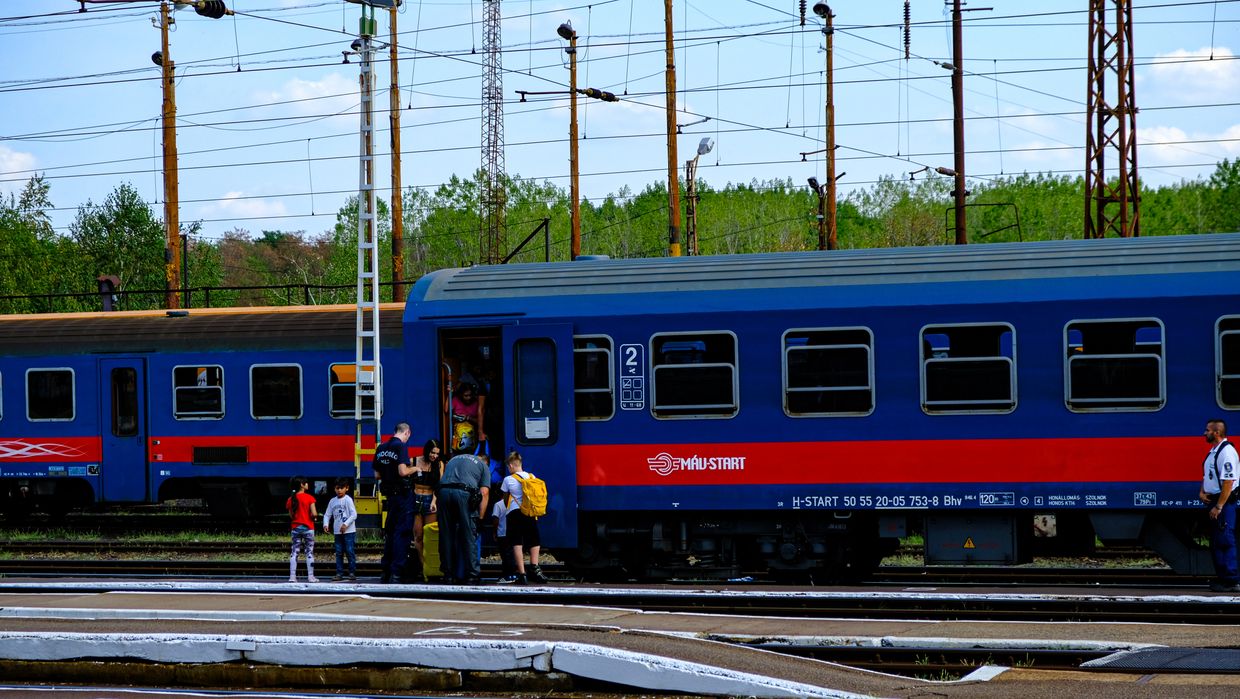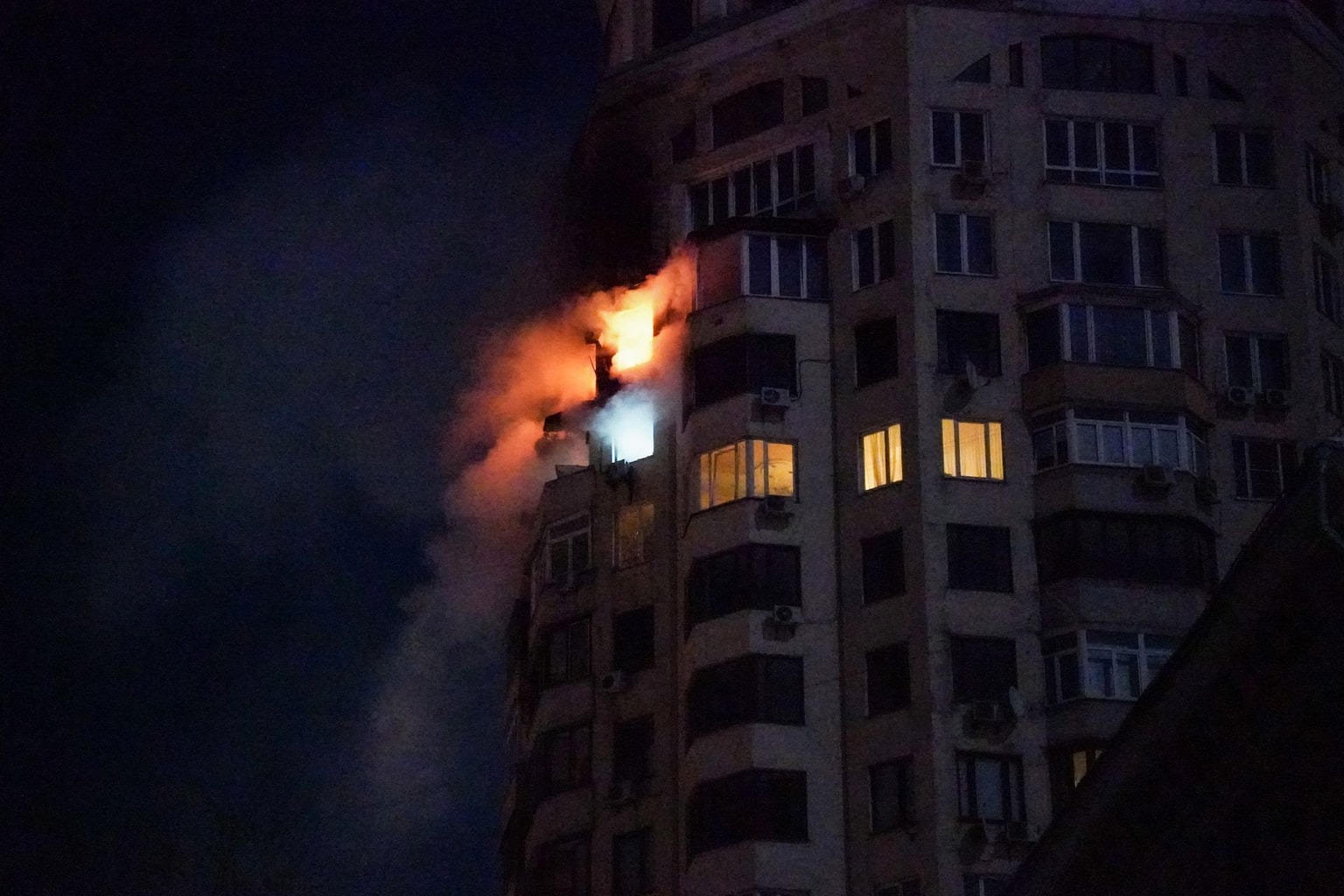Hungary renews calls for 'ceasefire' in response to Ukraine's incursion into Kursk Oblast

Hungary renewed its calls for a "ceasefire" in response to Ukraine's ongoing incursion into Russia's Kursk Oblast, Prime Minister Viktor Orban's chief of staff, Gergely Gulyas, told reporters on Aug. 22.
Responding to questions on the incursion from reporters, Gulyas said that the country "continues to be pro-peace."
"Ukraine is not only defending itself but also attacking," Gulyas said in at press briefing in Budapest. "We want a ceasefire and peace."
The comments, which appear to be the country's first public reaction on Ukraine's incursion into Kursk Oblast, draw stark contrast with statements from Western allies, including the European Union.
"The EU continues to fully support Ukraine's legitimate right to defense against Russian aggression and its efforts to restore sovereignty and territorial integrity," European Commission spokesperson Peter Stano said on Aug. 7 following the incursion.
Hungary, widely regarded as a key ally of Russia in the EU, had previously called for a ceasefire but insisted that advocating for one does not mean accepting that Russia would keep the Ukrainian territories it currently occupies.
The country's prime minister, Viktor Orban, has repeatedly blocked aid to Ukraine, pushed for negotiations, and frequently spouted Kremlin talking points. Hungary has also condemned the war but has refused to supply Ukraine with weapons.
Since taking the presidency of the European Commission in July, Orban has amped up attempts to stand as a negotiator between Moscow and Kyiv. In July, he embarked on a “peace tour” and met with Russian dictator Putin, Chinese leader Xi Jinping, and Republican presidential nominee Donald Trump.
Orban's visits sparked criticism from the EU and President Volodymyr Zelensky. The latter said that NATO and the EU can resolve the war without Orban.
In early July, Hungary quietly changed the rules for its National Card program to allow Russian and Belarusian "guest workers" to enter the country in a streamlined visa-acquisition process that does away with enhanced security checks or other restrictions.
In response to the policy change, European parliamentarians published a letter urging parliament to reconsider Hungary's Schengen membership.
Earlier on Aug. 22, Ukrainian refugees from southwestern Zakarpattia Oblast began being evicted from shelters after in Hungary after the government passed a decree to restrict housing assistance for Ukrainians fleeing their country.












